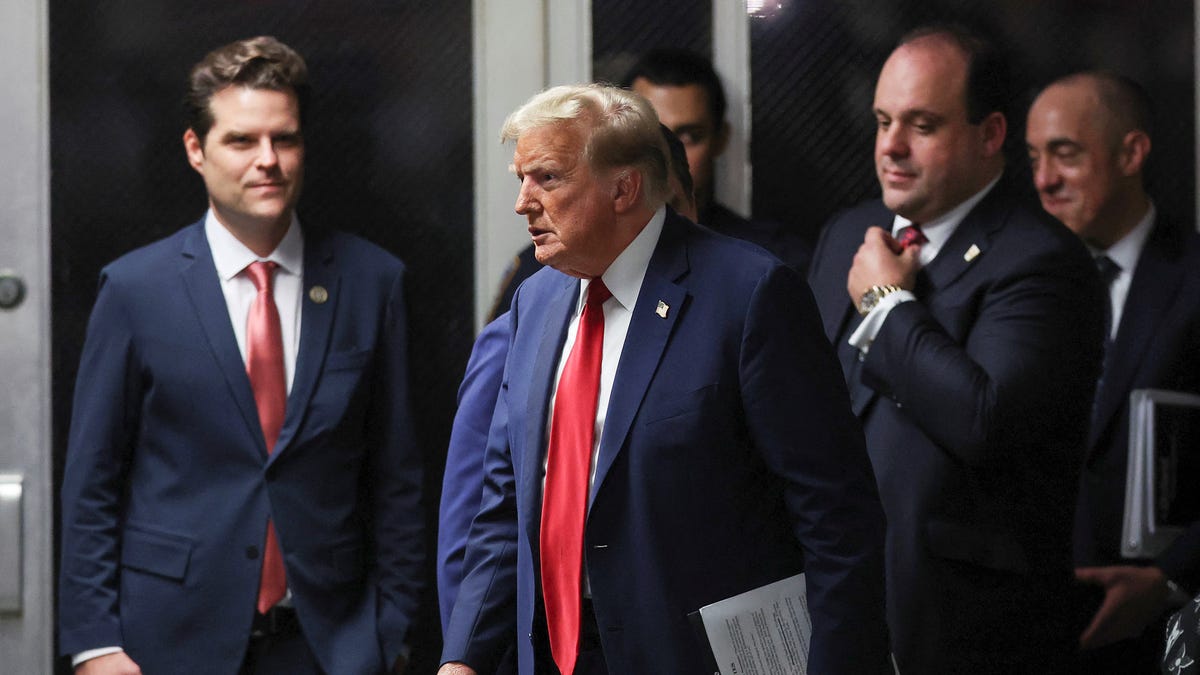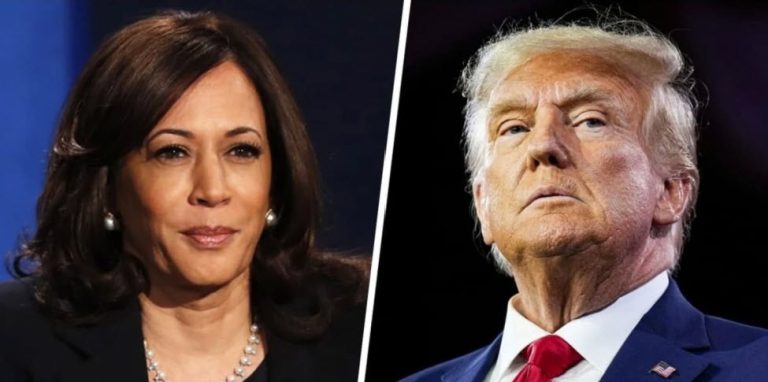Washington – Following the Republican victory, President-elect Donald Trump has started to shape his administration, nominating members for key positions. The new hires revealed on Wednesday included two Florida Republicans – Representative Matt Gaetz as Attorney General and Senator Marco Rubio as Secretary of State. He also announced Tulsi Gabbard, former Hawaii Democratic Congresswoman and 2020 Presidential candidate, as its nominee for the position of Director of National Intelligence.
Gaetz, a staunch conservative, played an instrumental role in defending Trump during the impeachment hearings held in 2019 for allegations over his Ukraine dealings. Recognized for his loyalty to the President, Gaetz’s appointment could mark Trump’s attempt to build a resilient firewall against any potential legal issues he might face in his tenure. Moreover, Gaetz’s nomination to this high-powered position also substantiates his rising political clout within the party.
On the other hand, Senator Marco Rubio, a Cuban-American veteran, has been nominated for the position of Secretary of State. This comes as a surprise as Rubio had previously maintained a contentious relationship with Donald Trump when they ran against each other in a bitter primary election in 2016. However, it appears that Trump is prepared to put aside past differences and harness Rubio’s foreign policy expertise and broad experience on the Senate Foreign Relations Committee.
The surprise nomination of Tulsi Gabbard for the Director of National Intelligence is a clear indication that the President-elect is open to enlisting figures from across the political spectrum. An Iraq War veteran and a critic of America’s “regime-change wars,” Gabbard brings a robust combination of combat experience and an alternative perspective to American foreign policy to the role. It remains to be seen how she will navigate her new responsibilities given her confrontations with the vocal intelligence community during the 2020 Democratic primary.
Trump’s seminal personnel moves come just after Senate Republicans elected Sen. John Thune from South Dakota as the next Senate Majority Leader, rejecting appeals from Trump allies who favored a different candidate. Thus, reflecting an element of independence from the new President’s influence.
Trump’s administration nominations clearly reflect the need for staunch loyalists, recognized experts, and even a sprinkling of former rivals to maneuver his political course. With Rubio, Gaetz, and Gabbard’s nominations, Trump is striking a balance between rewarding loyalty, leveraging expertise, and incorporating a diversity of perspectives in his team. The President-elect is undoubtedly making strategic moves to shape his administration, setting the stage for the significant power dynamics that could characterize his forthcoming term. His choices also underline his diplomatic outreach, his commitment to securing his administration, and his readiness to engage with critics within his own party.
As Trump continues to fill in the important roles in his administration, it would be interesting to keep an eye on how these positions balance out the political spectrum within his camp over the next four years.




